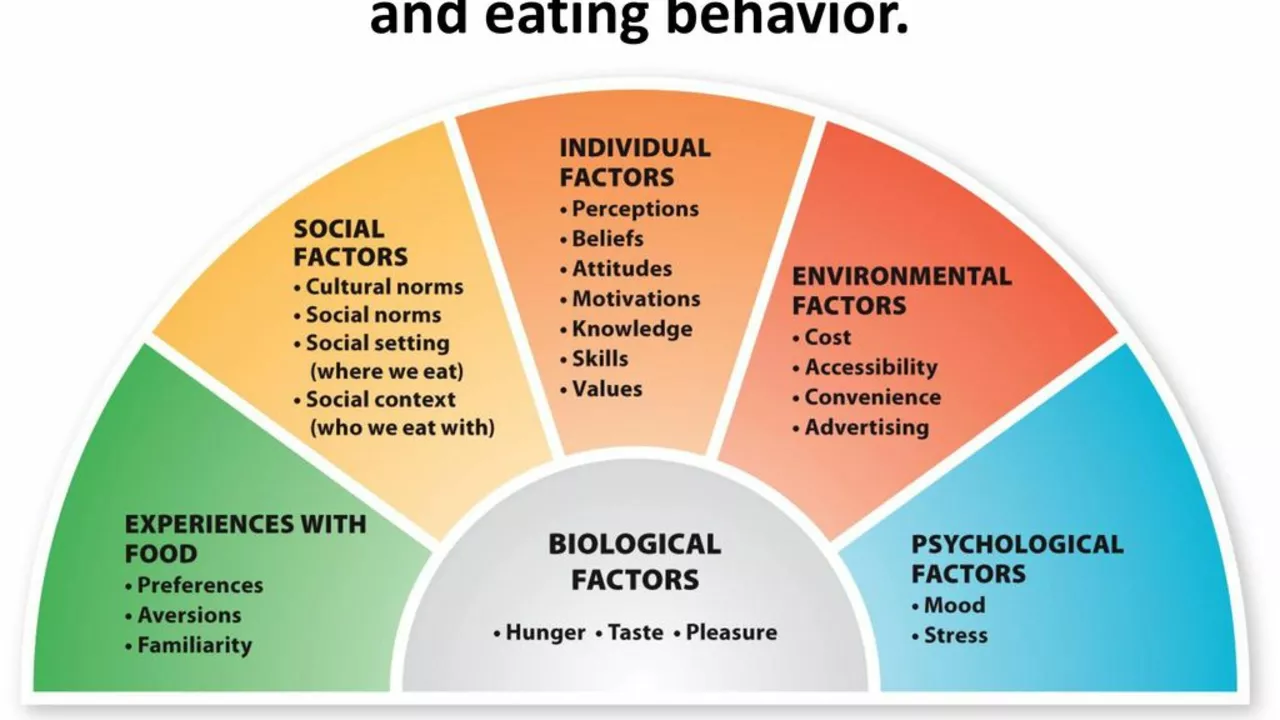Health Concerns in India – What Matters Most
India faces a mix of old and new health challenges. While infectious diseases still appear in some regions, modern lifestyle problems like diabetes and heart disease are spreading fast. Understanding which issues hit hardest and why can help you make smarter choices for yourself and your family.
Common Health Risks Across the Country
Air pollution is a daily headache for millions, especially in big cities. Breathing in smog increases the risk of asthma, chronic bronchitis, and even lung cancer. At the same time, poor water quality in many rural areas leads to diarrheal diseases, cholera, and typhoid. Add to that a rise in hypertension, obesity, and stress‑related disorders, and you get a health picture that needs attention on many fronts.
Food safety is another hot topic. Street food lovers know the flavors, but unclean preparation can introduce food‑borne pathogens. On the flip side, a growing shift toward processed snacks high in sugar and salt fuels obesity and diabetes, especially among younger adults. Mental health is finally getting the spotlight it deserves; depression and anxiety rates are climbing, yet stigma often stops people from seeking help.
Simple Steps to Protect Your Well‑Being
Start with the basics: drink filtered or boiled water, and wash hands before meals. Adding a mask on high‑pollution days and using indoor air purifiers can cut down inhaled toxins. For diet, aim for whole grains, fresh veggies, and lean proteins while limiting sugary drinks and deep‑fried snacks.
Regular check‑ups catch problems early. A quick blood pressure reading, blood sugar test, and cholesterol check every year can flag issues before they become serious. If you feel unusually tired, breathless, or stressed, don’t brush it off—talk to a doctor or a counselor.
Physical activity doesn’t need a gym membership. Walking, cycling, or even a short home workout for 30 minutes a day keeps the heart strong and helps control weight. Pair movement with good sleep—7 to 8 hours nightly—and you’ll boost immunity and mood.
Finally, stay informed. Government health portals, local clinics, and reputable news sources regularly publish alerts about outbreaks or new guidelines. Knowing what’s happening in your area lets you act fast, whether it’s getting a vaccination or avoiding a contaminated water source.
Health concerns in India are real, but they’re manageable with the right habits and timely information. By taking simple, everyday steps, you can protect yourself and help build a healthier community.
Why consuming alcohol is considered bad in Indian families?
In Indian families, the consumption of alcohol is often deemed inappropriate due to a combination of cultural, religious, and societal reasons. Many consider it as a factor that disrupts familial harmony and leads to irresponsible behaviour. Also, in some religions practiced in India, consuming alcohol is considered a sin. Moreover, the overall societal mindset in many parts of India still stigmatizes alcohol consumption. This, coupled with the health risks associated with heavy drinking, makes alcohol consumption frowned upon in Indian families.
